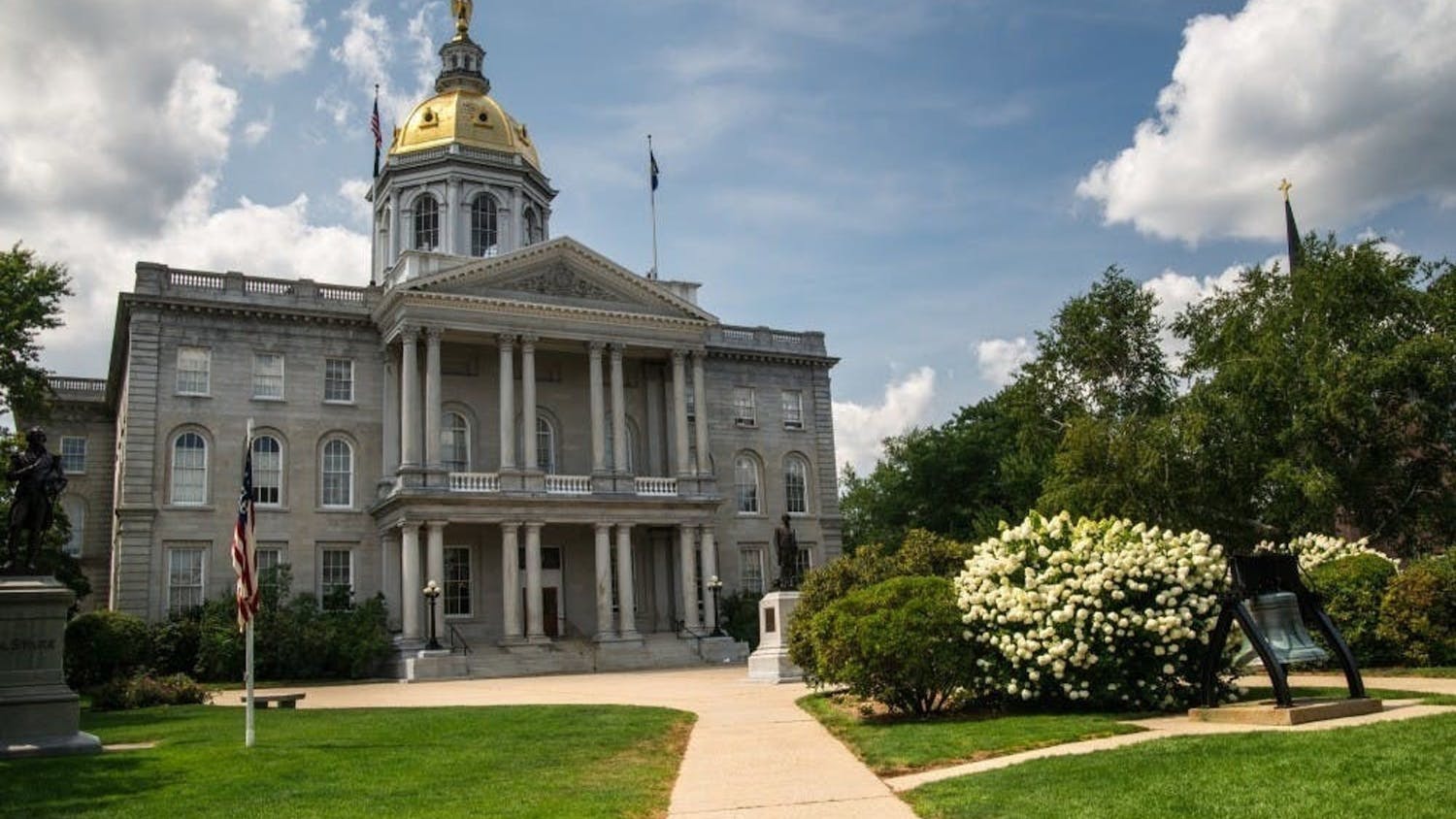South African-born author Neville Frankel ’71 will be speaking at the College today, discussing his experience living under apartheid. His talk will contextualize South Africa’s current political turmoil under President Jacob Zuma.
The lecture is hosted by the Osher Lifelong Learning Institute at Dartmouth, a non-profit organization stationed in the Upper Valley that offers a spectrum of courses for area residents.
Frankel said that his passion for writing can be traced back to his undergraduate years at Dartmouth. He said that he always had a passion for writing and literature, but that it was his Dartmouth experience, writing requirements included, that helped him to consolidate that love.
Frankel also said that Dartmouth had a direct and outspoken political community in the 1960s, which has had a lasting influence on his writing.
“I’m really interested in writing about basic political movements that people get caught up in and that destroy their lives,” Frankel said.
This interest stemmed from a fascination with the ways in which people survive under governments that are in conflict with their interests, he said. The people of South Africa thus make for ideal case studies in his work given the political upheaval that the country has faced for the past quarter century after apartheid.
Frankel said his stories contain three dimensions: personal narrative, historical context and current context. The depth and breadth of his writing is akin to that of a historian, since he uses historic recurrences to predict the future.
“In order to write historical fiction that adheres to true history, you have to know about that respective period of history,” Frankel said. “Otherwise you’re writing fantasy.”
By connecting personal narratives to his writing, Frankel is able to create a visual of the realities of daily life under political oppression. In addition to writing about apartheid in South Africa, he has written books about Russia and the United States in similar styles.
“I hope to give the audience a sense of personal, political and historical context for apartheid,” Frankel said.“It’s very clear that the kind of inequities that apartheid represented is going to take a long time to work itself out in the system.”
Frankel added that he began to explore self-expression through a variety of different mediums which include painting and writing.
“In my writing, I find that I didn’t really get to see it until I learned to paint,” Frankel said. “On the other end, people have said that my writing seems to be a lot more visual than it was in my early years [before learning to paint].”
OSHER@Dartmouth leadership council member Thomas Blinkhorn said that Frankel’s first-hand experience living in the region during apartheid makes him a singular candidate for this month’s Osher lecture.
Blinkhorn, who worked for the World Bank in Africa and lived in the region for 30 years, said that he feels that it is important for the Dartmouth community to learn about developing countries like South Africa. He added that it could expand student’s global perspectives and perhaps introduce new perspectives to the “Dartmouth bubble.”
Keeping with this goal, OSHER@Dartmouth will be holding more lectures in the future on developing countries. Martin Barahona, Bishop of the Anglican/Episcopal Church of El Salvador, will be speaking about the United State’s migrant crisis on April 26. Blinkhorn added that the goal of these lectures is to shed light on specific areas of interests in developing countries.
“I hope that all these lectures will inspire a wider interest of the developing world,” Blinkhorn said.
OSHER@Dartmouth marketing and communications coordinator Sarah Chamberlin said that the organization creates programs contingent upon the requests of its 1,500 members. Frankel’s lecture will thus be the catalyst for a series of insightful lectures, which could have further implications for residents of the Upper Valley, she said.
Frankel’s lecture, “Survival in South Africa Under Apartheid,” will take place today at 2 p.m. in Haldeman 041. Tickets are free for Dartmouth students, staff and faculty with identification and $10 for the general public.



